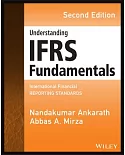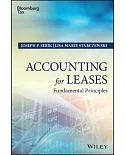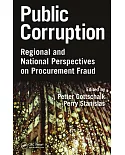This book looks at the effectiveness of the 1999 restructuring of the UK through the establishment of the Scottish Parliament and the Assemblies for Northern Ireland and Wales, considering
the process of devolution and its consequences on the key mechanisms of accounting and democratic accountability. Many of the chapters in this book examine whether devolution is enhancing
democratic accountability, or creating a fragmentary state with conflict and tensions between the Westminster government and the devolved bodies.
The focus is on the financial mechanisms for democratic accountability both in the UK and in international comparator countries (New Zealand, Norway, and the US). This book examines the
turbulent pattern of relationships between central and devolved government and explores whether the present arrangements for devolution in the UK represent an end game, or whether they may be
merely a stepping stone to a more fully fledged federal state. It is argued that the main thrust of many of the financial reforms in the UK has confounded, obfuscated, and complicated the
desire for democratic accountability.





















